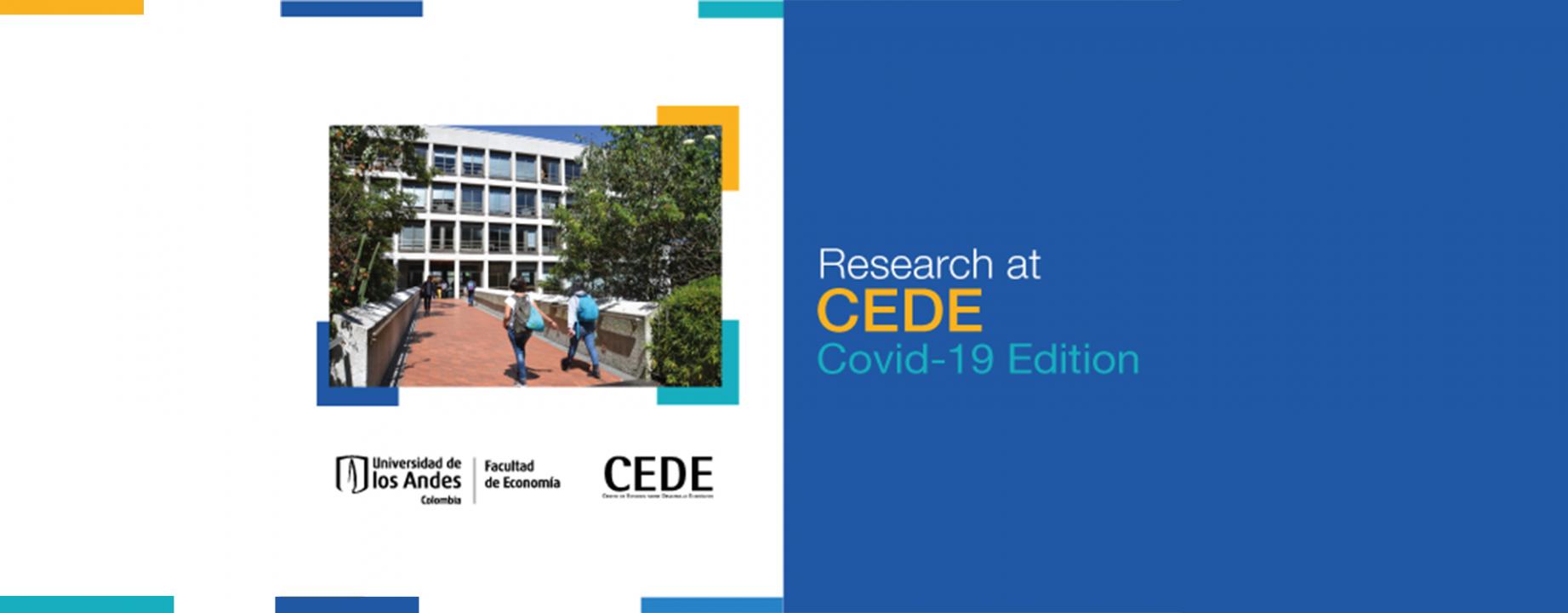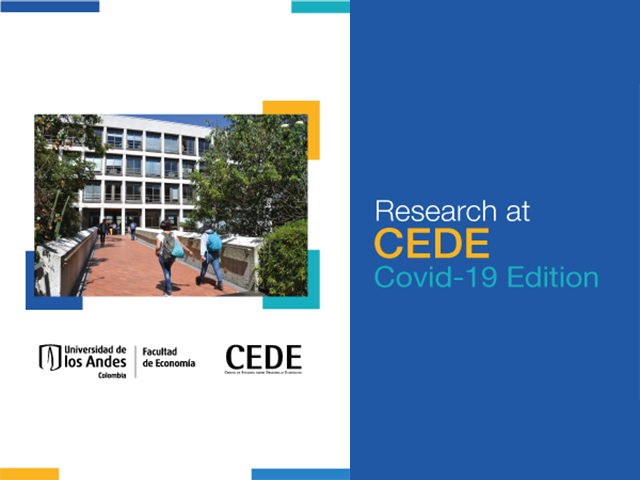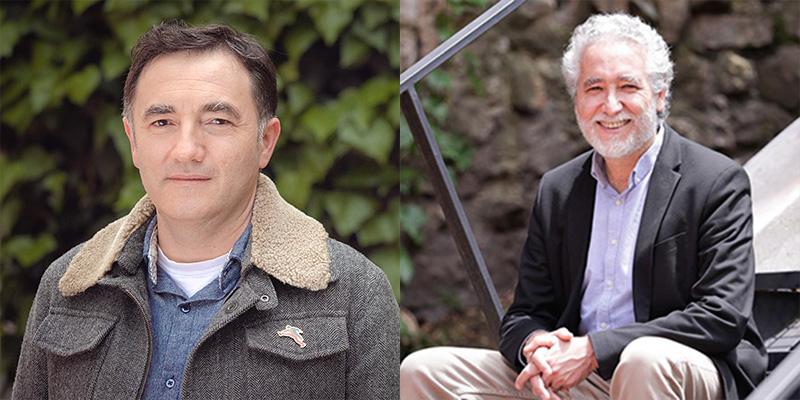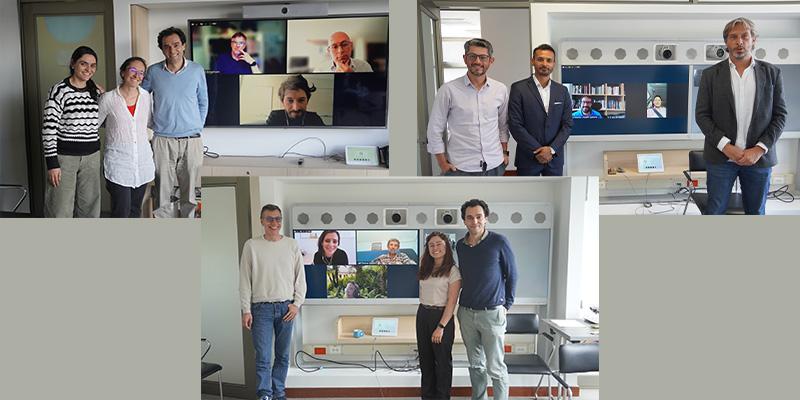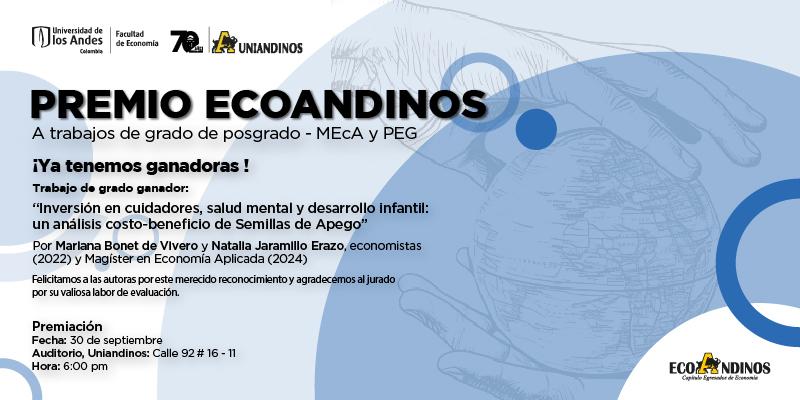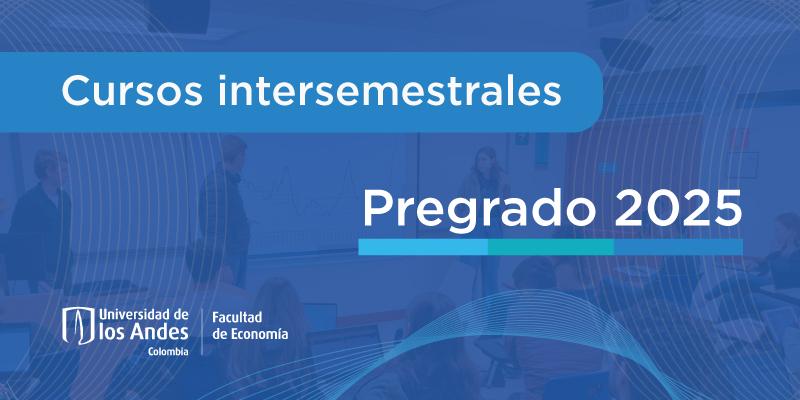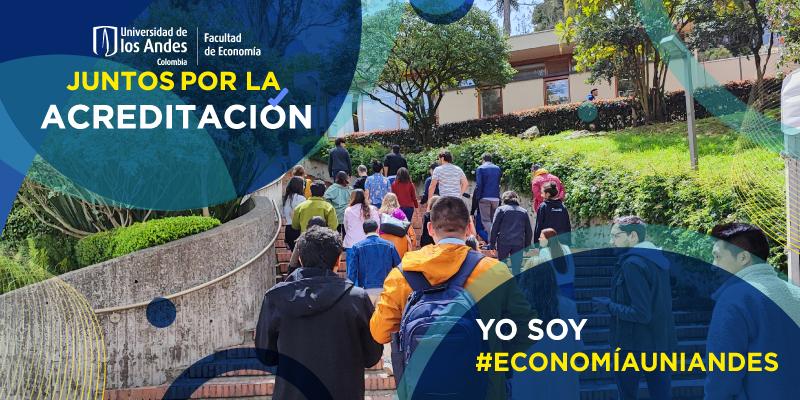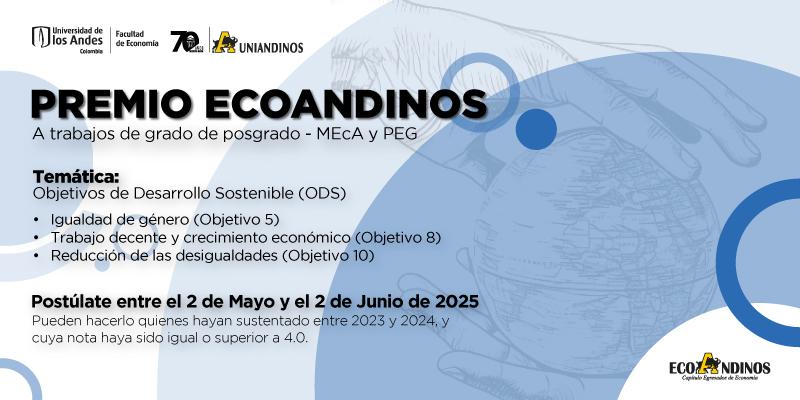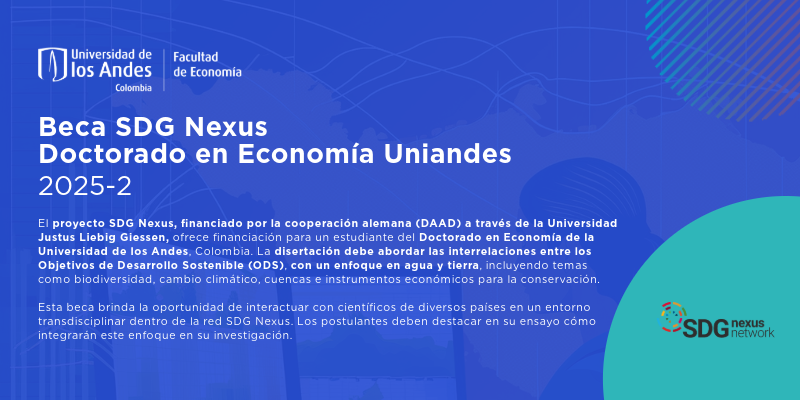
The pandemic that we face today forced social distancing policies and caused an economic recession. It could produce an increase in domestic violence. Lower incomes and more time at home can translate into more aggression.
These are troubling possibilities, at least judging by the results of the work of Professors Adriana Camacho and Catherine Rodríguez. They show that falls in income increase domestic violence. Studying the program Familias en Acción, they find that in months when women in the households receive the payments, domestic violence decreases by six per cent. Additionally, when families do not receive a transfer they were expecting, households face economic scarcity and domestic violence increases. Instead, when households receive an unexpected transfer, domestic violence falls only slightly.
The reaction of domestic violence to the program's disbursements appears to be explained by a budget constraint effect, which exacerbates or lessens stress at home. Other likely implications of program participation, like female empowerment, marital status, labor participation, or social networks, fail to explain the decrease in domestic violence. Thinking again about the current challenges, these results suggest that policies such as the “Ingreso Solidario” transfer, by reducing the fall in household incomes, can decrease domestic violence.
Read more
Happily Ever after? Domestic Violence in Periods of Scarcity
Adriana Camacho and Catherine Rodríguez
Cede Working Paper No.2020-21
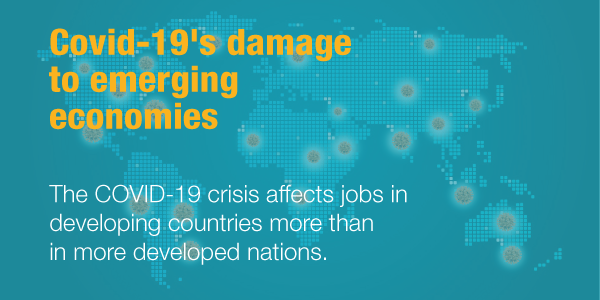
The COVID-19 pandemic has had catastrophic consequences on the world economy. Developing countries suffer more, as they have more employees working informally, in small companies, and who cannot work from home.
Acknowledging these differences between more and less developed countries, Laura Alfaro, Oscar Becerra and Marcela Eslava estimate the potential employment and income cost during periods of crisis and recovery. The analysis considers different firm sizes, their legal status and the differences between sectors that require more or less physical contact to operate. For Colombia, they find that 50% of the country's jobs are at risk in the early stages of the crisis, compared to 33% for the United States, a country with fewer informal jobs and more jobs suitable for teleworking. On the other hand, although the risk of unemployment increases when the crisis deepens, during the recovery informal jobs rebound more rapidly.
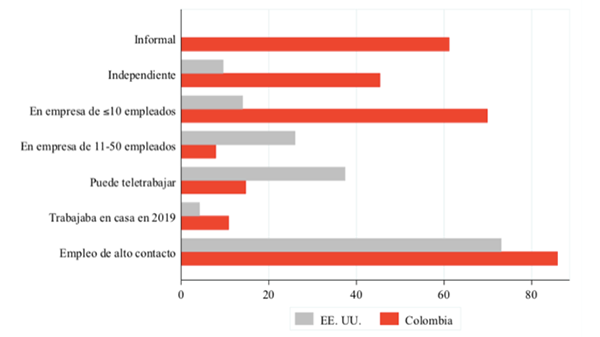
Employment characteristics: Colombia versus United States
The document proposes subsidizing formal jobs in developing countries, where they are scarce and hard to create. In addition, given the costs of extended confinement, the authors propose supporting the most vulnerable with cash transfers and strengthening other tools to combat the virus, including monitoring and tracing, increases in hospital capacity, and improvements in public transport capacity.
Read more
EMEs and COVID-19: Shutting Down in a World of Informal and Tiny Firms
Laura Alfaro, Oscar Becerra and Marcela Eslava
Cede Working Paper No.2020-19
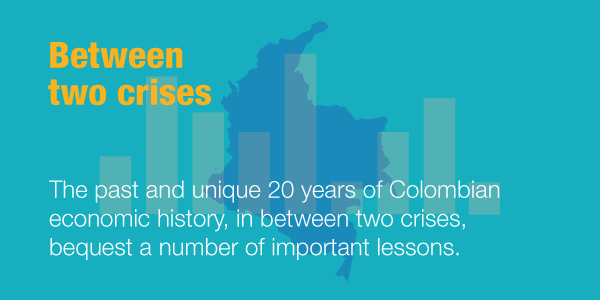
The twenty years between 2000 and 2019 witnessed important changes in both the world and the Colombian economy. This period began with the “turn of the century” crisis and finished a few weeks before the coronavirus pandemic spread across the world with its deep sanitary and economic crisis. Coronavirus changed future perspectives, framing these two decades between two crisis and turning them into a unique period of Colombian economic history.
Carlos Caballero Argáez and Germán Darío Machado describe the economic and social evolution of Colombia during this period analyzing the trends in key indicators and extracting some lessons on the limits of tax policy, the vulnerability stemming from oil-price dependence, and public debt management, among others. Also, they take stock of the principal challenges facing the country during the third decade of the 21st century, with forecasts of the impact of the 2020 crisis on growth, employment and poverty. These challenges include recovering the pace of economic growth, minimizing unemployment and informality, dealing with the large public debt that the crisis will bequest and continuing with efforts to reduce the levels of inequality and poverty. Overcoming these shocks will take a long time and economic and social changes will be substantial. Colombia will not be the same.
Read more
De la crisis de "fin de siglo" a la del "coronavirus": la economía colombiana en las primeras dos décadas del siglo XXI
Carlos Caballero Argáez and Germán Darío Machado
Cede Working Paper No.2020-14
Find other Cede Working papers here:
https://economia.uniandes.edu.co/documentoscede
